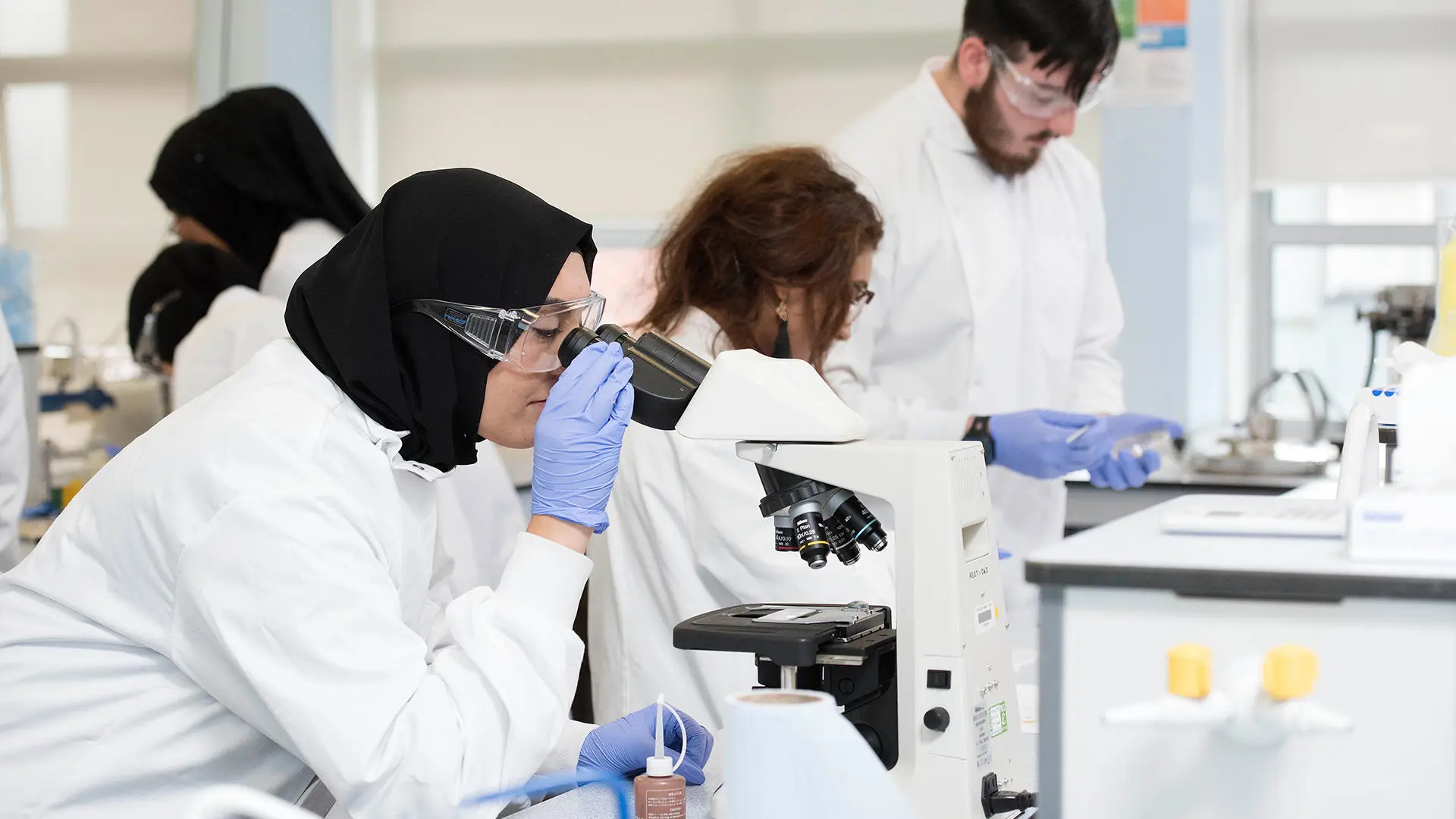Biology is a respected degree, which covers everything from cells to disease. It will ground you in scientific principles and methodology. This includes laboratory skills and data analysis. These are highly sought after in a number of careers, both directly related to biology and further afield.
This article will cover:
Skills for your CV
A biology degree will equip you with a number of transferable skills. Here are some to highlight in your CV.
Study a biology degree
At the University of Lancashire, our biology degree equips you with the knowledge and skills you need for a successful career. We focus on employability, with lots of opportunities for work experience.
During your first year, you'll gain a foundation of knowledge in biology. You'll gain vital study skills, like use of databases and literature searching. You'll also learn about the scientific method, ethics and health and safety.
In your second year, you will complete a module on laboratory skills. You can also choose from a range of optional modules to meet your career goals. You might choose to study cellular biology further, or genetics, or human organs.
In your final year, you'll complete a research project on a topic of your choice. This will include setting up and carrying out your own research. You'll also need to analyse, interpret and present your data.
You can also complete a work-based module in your third year. This will give you the practical, real-world skills you need to get a job. You can also apply for a summer internship with the biology team at the university. This again will give you real-world skills and experience, and can help your studies.
Where next?
We hope this has helped you understand what you can do with a biology degree. It is a versatile degree with a lot of transferable skills, especially within scientific professions. Take a look at out courses and guides below.
